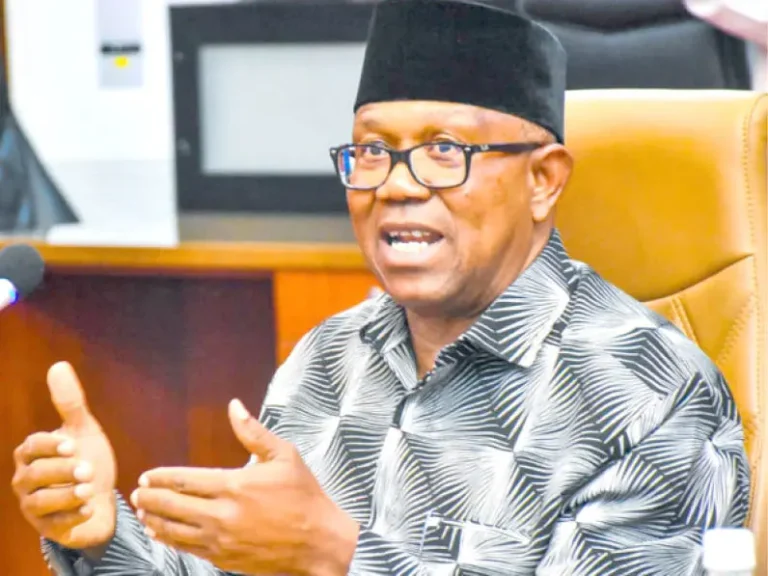
Importation of solar panels into Nigeria has dropped by 89 per cent in the first quarter of 2025, Daily Trust reports.
According to data from the Q1 2025 Foreign Trade Statistics released the National Bureau of Statistics (NBS), the solar panels, which is termed ‘Photovoltaic cells assembled in modules or made up into panels’ saw N125.294bn worth of the product imported into the country down from the N237.309bn, which was imported in the last quarter of 2024.
It would be recalled that the Managing Director/CEO of Rural Electrification Agency (REA), Abba Aliyu, had recently stated that Nigeria currently has a 600-megawatt PV panels manufacturing capacity.
Aliyu said before now, the total capacity of manufacturing in the country was just 110, adding that there is a LPV with 100-megawatt capacity in Lagos that is now fully functional, operational.
“Here in Abuja, we have a JRV with 250 megawatt capacity. We have OandO with 120 megawatt capacity, and we have GridConnect that is about to complete 150-megawatt capacity in Idu here in Abuja. So that’s in the aspect of localisation. We are changing that narrative. We also have more than 50 renewable energy service companies. Before now, we only had about 10 of them.
Also, the federal government had in March disclosed plans to halt the importation of solar panels to promote local manufacturing and accelerate Nigeria’s transition to clean energy.
The Minister of Science and Technology, Uche Nnaji, disclosed during the unveiling of the NEV T6 electric buses in Abuja, saying that the move aligns with the presidential order, which prioritises local content in science, engineering, and technology.
The minister noted that Nigeria can produce its solar panels, with the National Agency for Science and Engineering Infrastructure (NASENI) playing a key role in local manufacturing.
He projected that as local production expands, more homes and institutions would transition to off-grid power solutions.
“We have lithium in abundance here in Nigeria, so Mr. President is already taking action. We are adding value to our raw materials. The lithium we have here will be processed and used as batteries for these vehicles,” he added.
Addressing the country’s power challenges, Nnaji said the government is developing mini-grid solutions to support hospitals, institutions, and homes.
“If you look at our budgets, we have what is called mini-grids all over the place. In less than three or four months, you will start seeing our hospitals and institutions being powered by solar,” he said.
“Again, we are saving the environment; we’re putting in place non-carbon emission infrastructure. So, we are creating power everywhere. It is not about using diesel, it is not about using PMS, it is not about generating the kinds of power that will pollute the environment.
“With NASENI here, you know that we have panels. It has a factory that has started producing solar panels and other private individuals are also producing solar panels as we speak. So, all we need to do is, even though science and technology, through our Presidential Executive Order No. 5, we will stop all these importations of solar panels. We will support our local industries to grow and very soon, most houses will go off-grid. Personally, I have been off-grid for over three years and it is working.”
DAILY TRUST.




